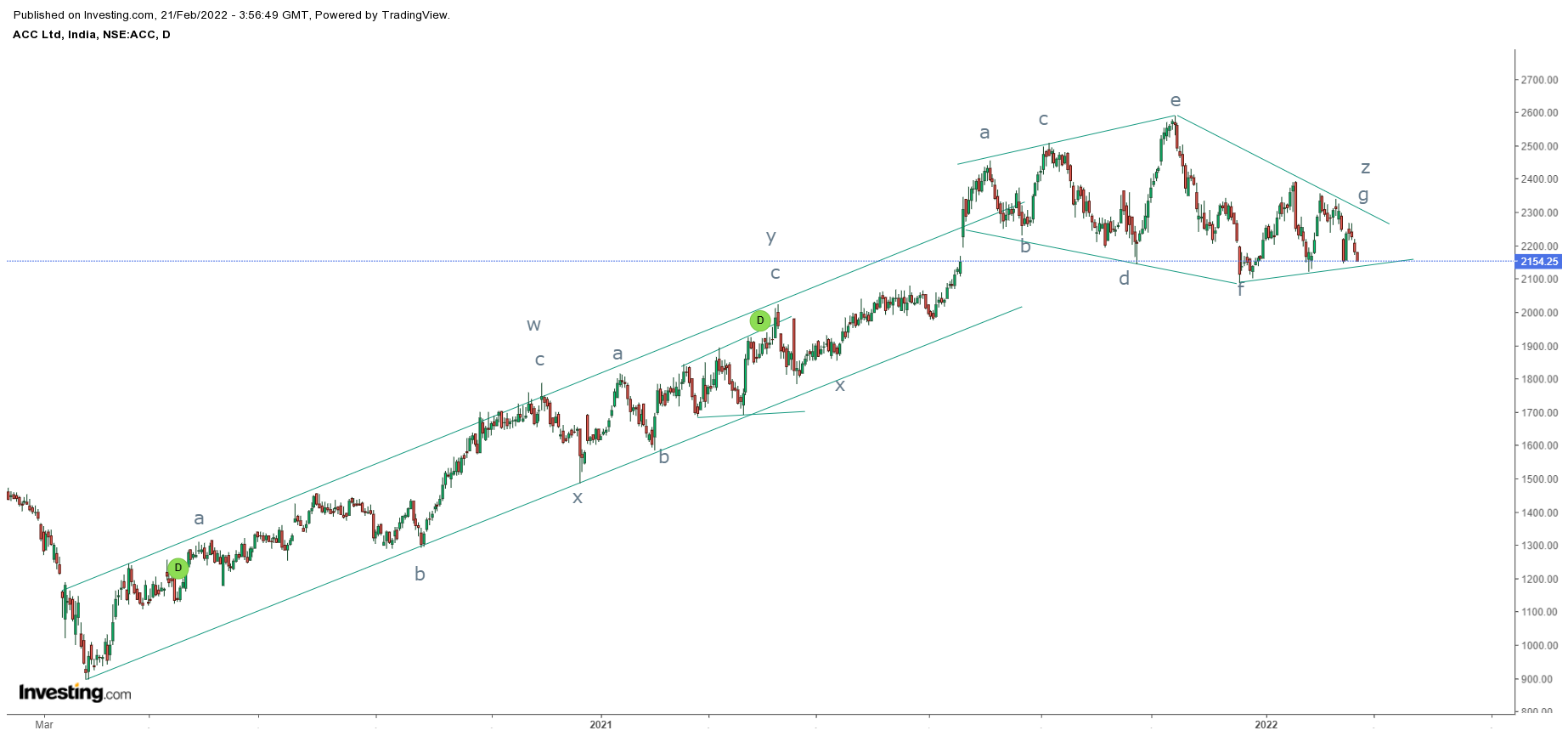FTSE 100: Triple Correction and Forecasting
The FTSE 100 Index, also called FTSE 100, FTSE, or, informally, the "footsie" ,
is a share index of the 100 companies listed on the London Stock Exchange with the highest market capitalization. It is one of the
most widely used stock indices and is seen as a gauge of business prosperity
for business regulated by UK company law.
The index is maintained by the FTSE Group,
a subsidiary of the London Stock Exchange Group.
The index began on 3 January 1984 at the base
level of 1000; the highest value reached to date is 6950.6, on
30 December 1999. After falling during the financial crisis of 2007-2010 to below 3500 in March 2009, the
index recovered to a peak of 6091.33 on 8 February 2011, fell under
the 5000 mark on the morning of 23 September 2011, but reached
6865.86 at the market close on 24 February 2014 (its highest close since 1999).
From
the below daily chart of FTSE 100, we can see that prices are moving precisely
in an upward sloping blue channel. Recently it has bounced from the support of
the channel and also there is a time cycle of 15 days which has been working
very well to catch the possible top and bottom. Prices are arriving near the
time cycle which is on 20th March 2014 and also it has shown a
reversal sign which is positive for this index. Momentum indicator RSI has also
bounced from the support of level 30. This is a very good level as it has
earlier bounced from this level (marked by blue arrows).
As
per wave theory, prices are moving in a triple correction
(a-b-c-x-a-b-c-x-a-b-c). In this correction wave x occurs twice, normally this
happens when the asset class fails to achieve the target. Recently after completing
double correction, prices came down in a corrective fashion which clearly suggests
that it has turned from double to triple correction. The index can now move up
from here onwards.
In
short, expect FTSE 100 to move up from
current levels and can test 6850 over short term in the form of wave a.




Comments